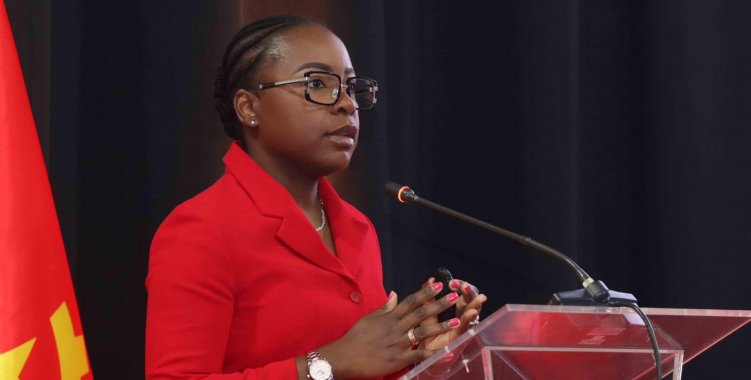"I never said there wouldn't be [an increase]. What I said is that we were continually considering the best time for this to happen. And why do I say that? I say that because of inflation (...). Certainly [ there will be an increase], when we haven't decided yet", said the minister in Washington, on the sidelines of the 2024 Spring Meetings of the International Monetary Fund (IMF) and the World Bank.
The minister explained that "fuels are currently subsidized and a political decision was taken to gradually remove this subsidy", stressing that "that's what it's all about".
Vera Daves guaranteed, however, that the Government will not change the subsidies for cooking gas and lighting oil, products that it intends to keep "protected".
"What remains to be decided, and we continue to dialogue and deepen this reflection, is the cadence and the products, being certain – and this decision has also already been taken – that we do not intend to change the subsidies for cooking gas and lighting oil, so that these are products that we want to keep protected", she declared.
"The products for which we want to remove the subsidy are gasoline and diesel. We have already made a first move on gasoline. Obviously there are things that went less well and we learned the lessons and want to calibrate, but in relation to mitigation measures", added the minister to Lusa.
The executive is now studying "what the next move will be, in what product and what mitigation measure would be coupled with the next move."
The process of removing state subsidies for fuel began in 2023 and continued in March this year, with the withdrawal of exemptions for taxi drivers, despite criticism and claims about the social and economic reality of families, who complain about the daily increase in assets of the basic basket.
Just last month, the IMF encouraged the Government to continue reforms, including the removal of fuel subsidies, to better adapt to global shocks, especially those in the oil market.
"Angola, being an oil producing country, must continue to face this process (of reforms), because we know that oil prices are volatile and Angola will, of course, need to make more and more efforts to adapt to these shocks," said IMF Deputy Director Antoinette Sayeh.
The official also encouraged the Government to "continue these reforms, especially those initiated last year regarding the removal of fuel subsidies".
When the fuel reform, repeatedly defended by the IMF, was launched at the beginning of last year, Angola was the fourth country in the world where it is cheapest to fill a fuel tank.
State spending on fuel subsidies is expected to have fallen by 200 million euros (around 213 million dollars) last year, according to the 2024 Budget report, which predicts that in 2023 Angola will have spent around two billion euros (around two billion dollars) in this item, a reduction of around 10 percent compared to the 2.2 billion euros (around 2.2 billion dollars) spent in 2022.







